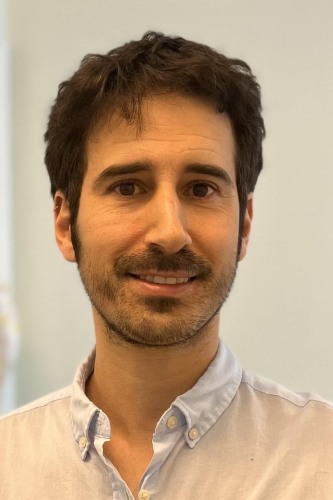
Omri Elmaleh
Biography
Omri Elmaleh completed his B.A. at the Hebrew University of Jerusalem and opted for Tel Aviv University for his M.A. and doctoral studies. Currently Elmaleh is a Fulbright postdoctoral fellow affiliated with the History Department. He is also a non-resident associate fellow at the Princeton University’s Center for Migration and Development. In the 2023-2023 academic year Elmaleh will work as a postdoctoral fellow in the Weatherhead Center for International affairs at Harvard University.
His scholarly interests lie at the intersection of ethnicity, diaspora, transnationalism of Middle Easterners diasporas (Christians, Muslims and Jews) across Latin American and their return migration patterns. Inspired by recent trends of Global History and within the developing Latin America-Middle East South-South discourse, Elmaleh is devoted to the circulation of human, artifact, ideas and even animals between these two edges of the Global South. A small-scale project that is about to come to a fruition focuses on the un-studied trajectories of a handful Palestinian-Arabs who voluntarily traveled to Spain to team up with the republicans fighting against fascism in the Spanish Civil War.
In his post-doctoral project, “Home on Both Sides of the Border,” he examines the additional and particular challenges Muslim immigrants have faced during recent decades in international trans-border cities across the shared borders of the Southern Cone countries of Brazil, Argentina, Paraguay, and Uruguay. Drawing upon the “dual transnational identities,” thesis he shows how Muslims and their descendants in these trans-border cities have managed to reconcile two sets of transnational identities: a) The transatlantic identity—based on the complex relationship of origin and destination, and b) the local identity which incorporates constant negotiation with the two discrete political, judicial, and cultural spheres in which they live – on both sides of an international border. This intercontinental, international and cross-border research and field work imply a high degree of multidisciplinary, as it touches upon various areas of interests, methodologies, and histories.